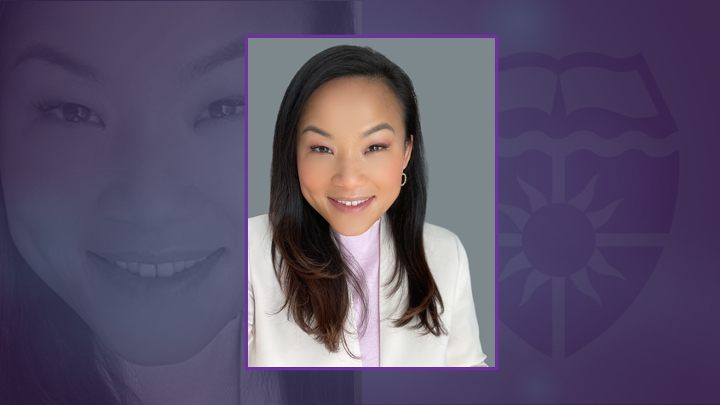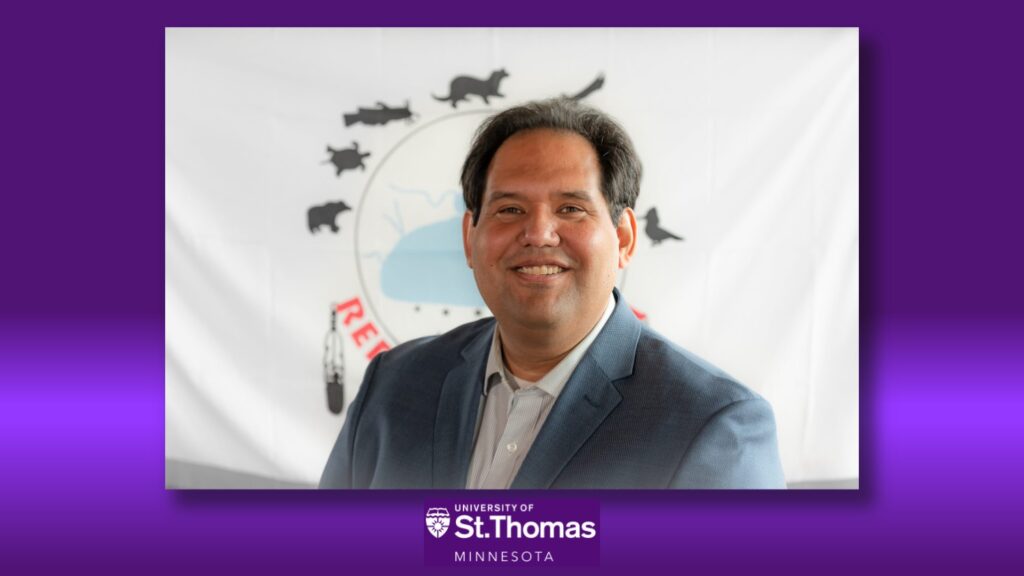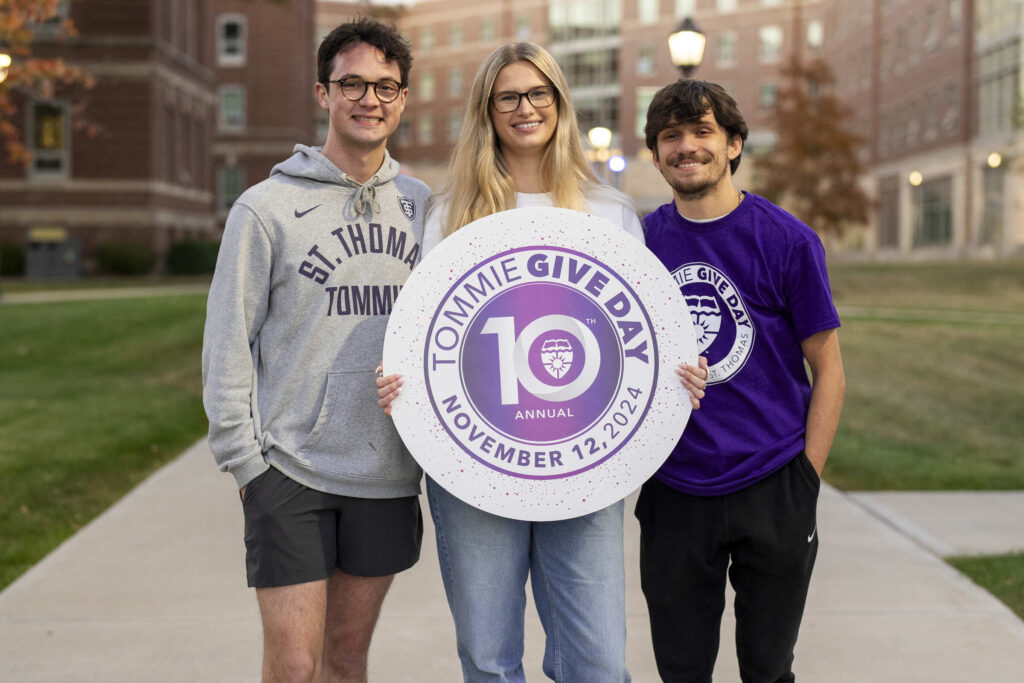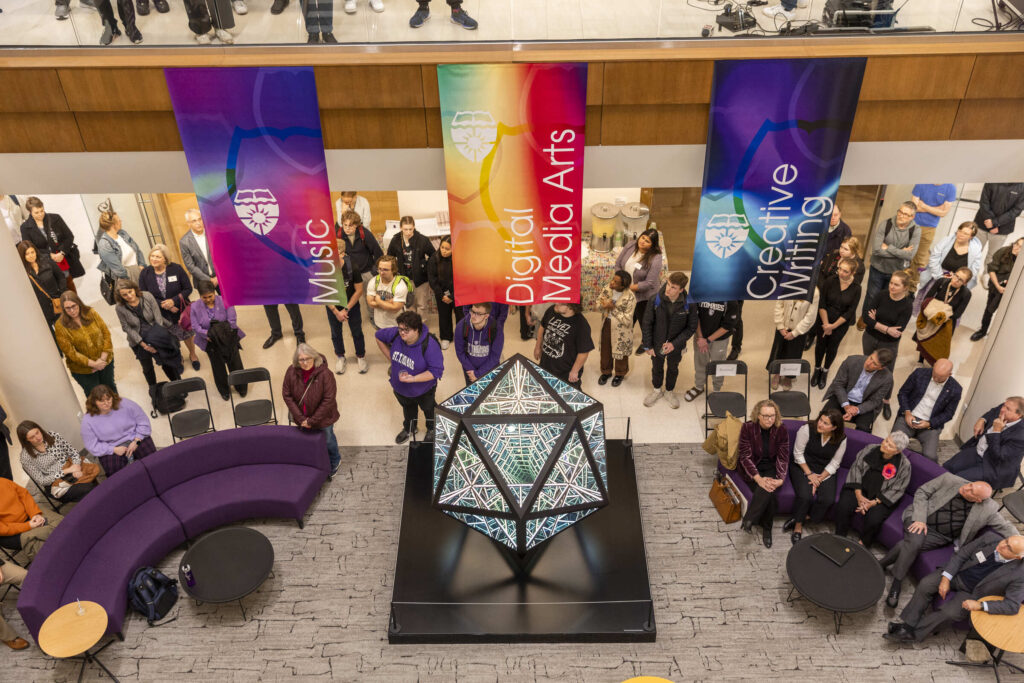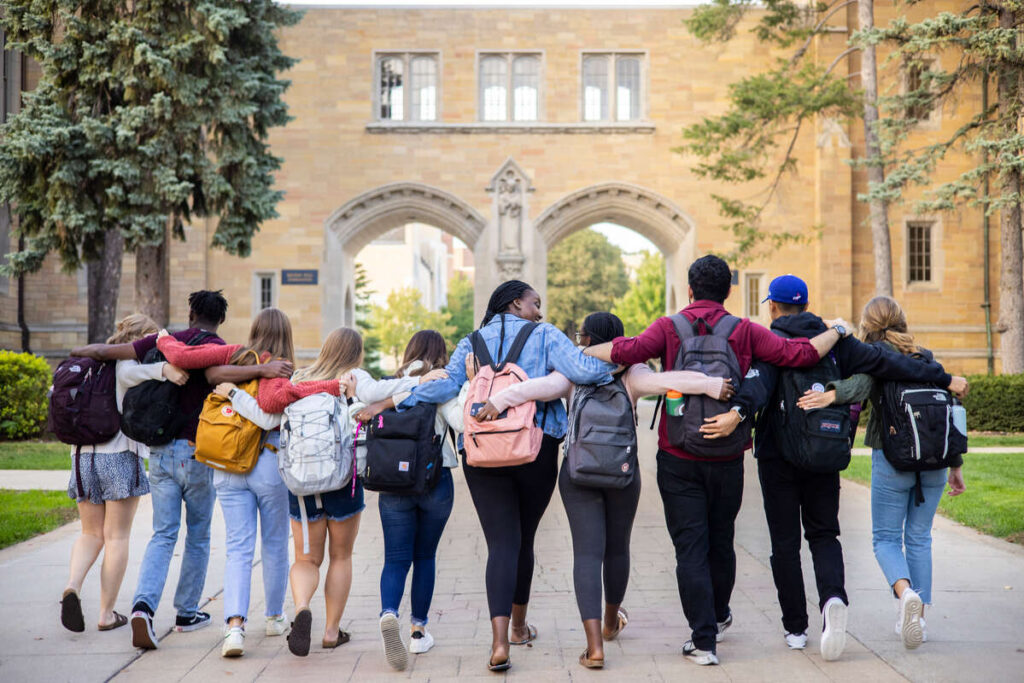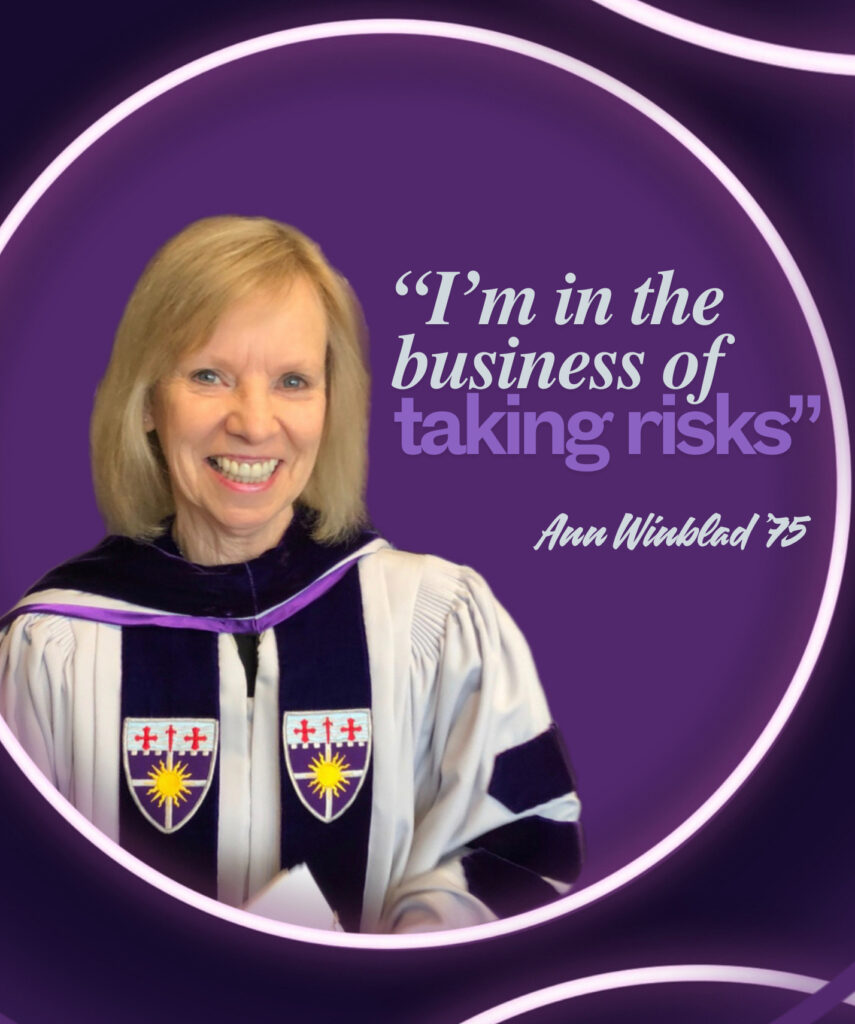Dr. Talee Vang was not sure a master’s degree was in the cards for her – much less a doctorate. A refugee from Thailand who came to the U.S. with her family when she was 2 years old, she was often the only Hmong student in the classroom when she pursued her bachelor’s degree at a rural college in Wisconsin (UW - River Falls). Having experienced the sting of being marginalized and witnessing ways in which systems oppress and disenfranchise, she sought to build a career where she could dismantle these systems and contribute to the formation of more equitable institutions.
“I wanted to do something with psychology to impact systemic change,” she said.
So, Vang obtained a Master of Arts (MA) in Counseling Psychology in 2013 and a Doctorate in Counseling Psychology (PsyD) in 2017, both from the Graduate School of Professional Psychology at the University of St. Thomas.
She said the invitation she felt to challenge the status quo was part of what she appreciated about the St. Thomas graduate programs. She asked the hard questions, and she found faculty members who encouraged her critical lens and gladly dove into research and conversation with her. Her perseverance paid off.
Vang is now the vice president of health equity at Hennepin Healthcare, the facility where she completed her doctoral internship and post-doctoral fellowship. There she focuses on eliminating health disparities and improving diversity, equity, and inclusion overall. She serves as a thought leader and has created trainings and presentations to assist others to better understand the psychology behind oppression, organizational change, and culturally appropriate care.
She recalls how an early interaction at St. Thomas with Dr. Kerry Frank, a now retired associate professor in the Graduate School of Professional Psychology, helped set her on a path of educating others. Frank encouraged Vang to present at the Minnesota Adolescent Mental Health Conference in Duluth. Having never submitted anything for consideration before, Vang was hesitant. However, in partnership with Frank, the two worked through every step of the process and Vang successfully presented in front of strangers later that year, as well as friends and family who came to support her.
“I remember afterward I thought if I could do this for the rest of my life, this is what I want my career to be,” Vang said.
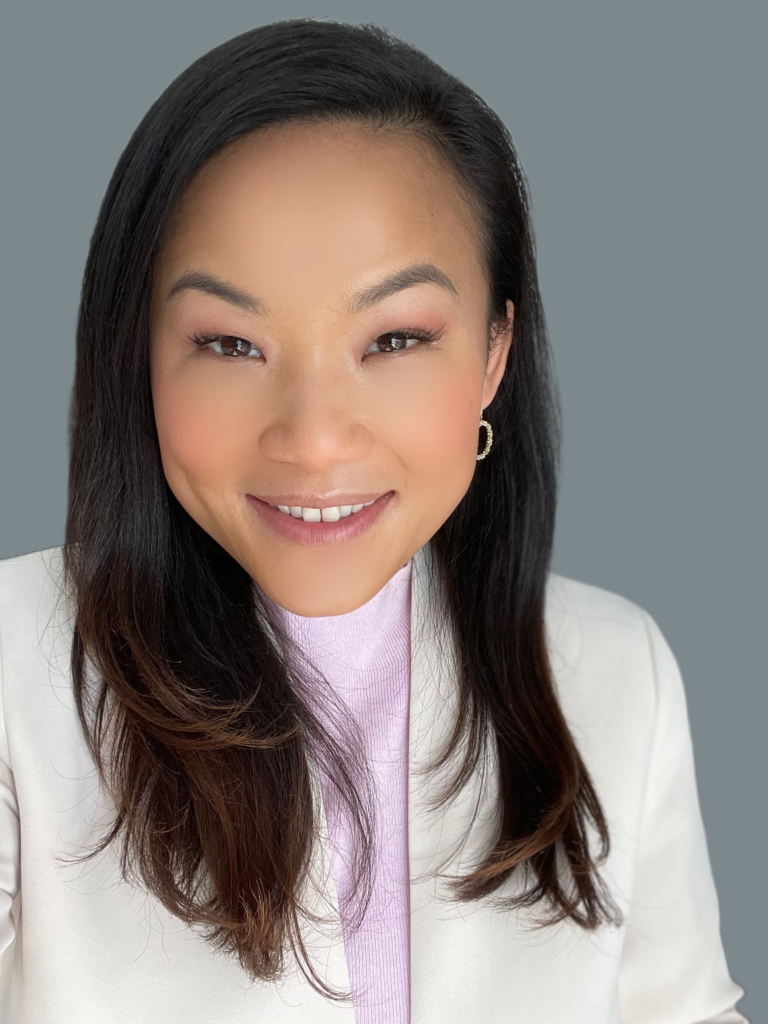
Talee VangOne of my (college) mentors was like, ‘You don’t need to change the world,’ and I was like, ‘I need to change the world!’”
While working within the integrated system of care, Vang began to see the ways that hidden biases creep into the health care system. After police officers murdered George Floyd, she decided she had to do something to change the system beyond the individual therapy she was providing her clients. That was a drive she had since graduate school.
“One of my (college) mentors was like, ‘You don’t need to change the world,’ and I was like, ‘I need to change the world!’” she said in a 2015 interview with the St. Thomas Newsroom.
On her own time, Vang began training residents at Hennepin Healthcare on implicit biases and their impact on health equity. She also conducted diversity, equity and inclusion (DEI) consulting on the side, helping organizations by using many of the skills she gained while at St. Thomas.
“She has a keen awareness of the importance of working within the system as it is while also being a strong advocate for systems change,” said Dr. Christopher Vye, chair of the Graduate School of Professional Psychology.
Before long, Vang was promoted to director of health equity education, tasked with training executive and senior leaders across the organization on DEI matters. She developed an intensive yearlong training program that takes participants on a journey from self-reflection to systems-level thinking to address disparities within health care.
Vang even has executive leaders complete a capstone project in which they select a historically marginalized group, research what disparities exist in their line of work for that group, and then propose a systemic intervention to tackle a disparity. The program has led to the development of practical, innovative solutions within Hennepin Healthcare, and it is now being rolled out to all 7,000 Hennepin Healthcare employees over the next 2 1/2 years.
“She could recognize and respect knowledge traditions within our field, but also their limitations,” Vye said. “This ability, undoubtedly, makes her a strong contributor in her current role.”
Vang’s work to improve health equity isn’t relegated to her role at Hennepin Healthcare. Additionally, she co-chairs a culturally responsive and appropriate mental health task force appointed by the governor of Minnesota, is a diversity chair on the Committee of State Leaders for the American Psychological Association and sits on the American Cancer Society’s Health Equity Board.
“I love how she shows up to anything she does with authenticity, while combining that with professional rigor,” said Dr. Bryana French, associate professor in the Graduate School of Professional Psychology. “She’s a gift to the field and community, and I am proud we can call her an alum.”
